What Is Acupuncture

Acupuncture Overview
Acupuncture is one of the practices utilized in Traditional Chinese Medicine (TCM). It involves the insertion of extremely thin needles in your skin at strategic Acu-points on your body. Acupuncture originated in China thousands of years ago, but over the past three decades its popularity has grown significantly within the United States.
Traditional Chinese Medicine explains acupuncture as a technique for balancing the flow of energy or life force — known as qi or chi (chee) — believed to flow through pathways (meridians) in your body. By inserting needles into specific points along these meridians, acupuncture practitioners can restore bodily balance and provide therapeutic benefits. In contrast, many Western practitioners view the acupuncture points as places to stimulate nerves, muscles and connective tissues. This stimulation appears to boost the activity of your body’s natural painkillers and increase blood flow.
The Risks of Acupuncture
The risks of acupuncture are low if you have a competent, certified acupuncture practitioner. Possible side effects and complications include:
• Soreness, bleeding or bruising at the needle sites
• Infections can occur from reused needles (At BCMC, we NEVER reuse needles)
Not everyone is a good candidate for acupuncture or for particular types of acupuncture. Conditions that may increase your risks of complications include:
• Bleeding disorders. Your chances of bleeding or bruising from the needles increases if you have a bleeding disorder
• Patients on blood thinner medications such as warfarin (Coumadin).
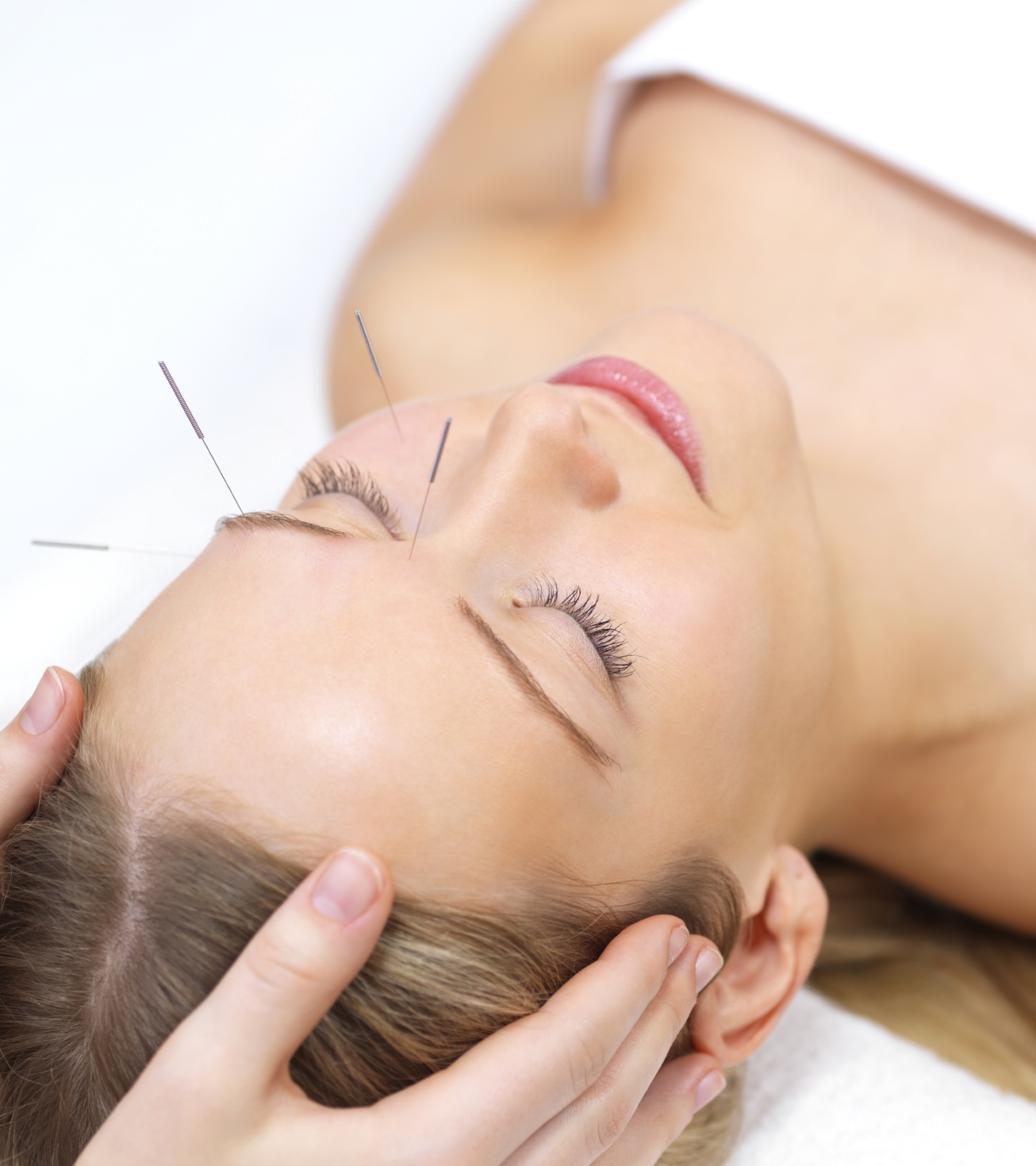
What to Expect
Having been practicing TCM and Acupuncture for over 40 years, Dr. Baolin Wu is a seasoned practitioner and has developed his own unique style of treatment and patient care. Dr. Wu draws on his vast experiences and knowledge from a blend of Eastern and Western approaches on medicine.
To determine the type of acupuncture care that best fits you, Dr. Baolin Wu may ask you many questions about your symptoms, behaviors and lifestyle. He may also closely examine:
• The parts of your body that are painful
• The shape, coating and color of your tongue
• The color of your face
• The strength, rhythm and quality of the pulse in your wrist
This initial evaluation may take up to 50 minutes. Subsequent appointments usually take about a 20-30 minutes. A common treatment plan for a single complaint would typically involve six to 12 treatments, scheduled over time. Several maintenance sessions a year also may be recommended.
• Acupuncture needle insertion. Needles are very thin, so insertion usually causes very little discomfort. Between five and 15 needles are used in a typical treatment. You may feel an aching sensation when a needle reaches the correct depth.
• Needle manipulation. Dr. Wu may move or twirl the needles after they’ve been placed. Another option is to apply heat or a mild electric pulses to the needles.
• Needle removal. In most cases, the needles will remain in place for 15 to 30 minutes while you lie still and relax. There is usually no sensation of discomfort when the needles are removed.
After acupuncture treatment some people feel relaxed while others feel more energized. Not everyone’s experience is the same.
What Are Herbs
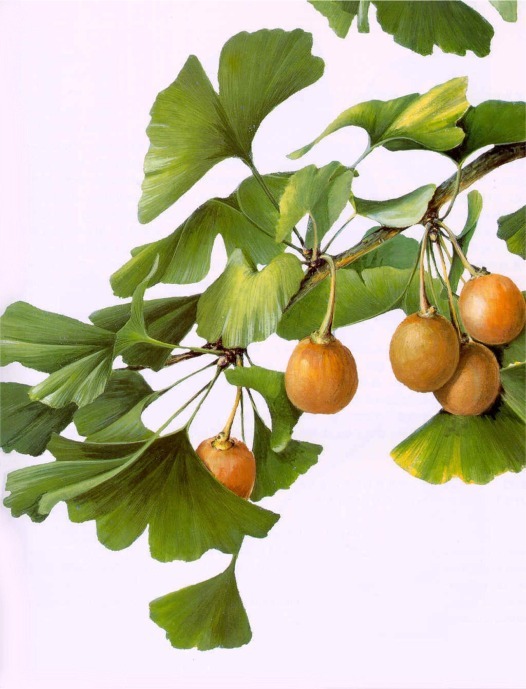
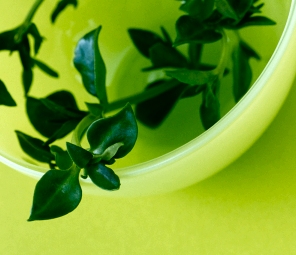
Chinese Herbs
A human beings are essential parts of nature. Nowadays many of us dismiss this. We try to find ways to bend Nature to our wills with our artificial inventions and modifications to suit our daily needs. We forget the fact that Nature has already provided all the necessary materials to sustain life. This is especially true when it comes to our health.
Without a doubt, Western Medicine has reached great success in treating different diseases and helping many people’s lives. However, Traditional Chinese Medicine remedies, whose effectiveness, was proven in practice over thousands of years in ancient China must not be readily disregarded. Even today, many main stream medical care employs TCM and Acupuncture in the treatment of various illnesses.
Herbs are a crucial component of Traditional Chinese Medicine. It’s applications has a long standing history and its effectiveness is very much well known. Hippocrates, “the father of Medicine,” himself used more than 200 types of herbs and other natural supplements in his managements of various diseases and illnesses. In today’s society many ordinary people knows about and use medicinal herbs to restore their normal body functions, to optimize their health and to help achieve longevity.
There was hardly a country in the ancient world, in which its inhabitants did not use herbs or herbal supplements to remedy their health. The Europeans, ancient Greeks, Romans, Kyiv Rus, Indians and mostly notably the Chinese all used herbs to benefit their health. Hence, herbs are most famously identified to as Chinese Herbs.
Nowadays Chinese Herbs are gaining more and more popularity as it offers the opportunities for those who are seeking alternative treatment methods, those who are dissatisfied with western medications, or those who seek to avoid the side effects of pharmaceutical drugs. Incidentally, one of the most salient qualities of Chinese Herbs is its low risk of adverse effects and its high tolerance by the human body when used properly.
Daily Use of Herbs
Herbs are widely researched though out the world especially in China. Their applications are as diverse and dynamic as the research findings themselves. What most people don’t realize is, herbs that are purchased at nurseries or stores has far greater applications than simply been decorative or flavor enhancing to our meals. If used properly these plants can be medicinal and can be applied to accelerating wound heal, treating common colds, alleviating headaches and etc. Like any other health products, don’t simply just use one form of remedy for your condition. If you have a special condition in question, you should consult a doctor first before trying new herbs.
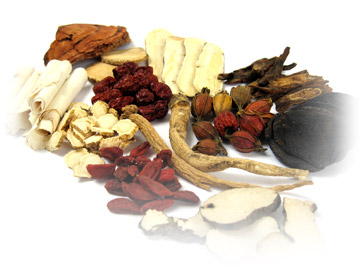
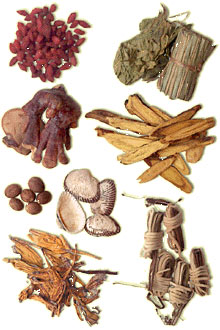
PREPARATION:
Decoction
Typically, one formula batch of herbs is prepared into a decoction (liquid form) from several types of herbal ingredients. Each type of herb has their own unique role in the formula; some when combined with other ingredients act to enhance or attenuate the potency of those other herbs and thus the decocted formula as well.
Chinese Herbal Pills
Pills are made by combining a list of herbs from a herbal formula which are dried and grounded into a powder. It is then mixed with a binder and formed into pills. Traditionally, honey are used as binders.
Chinese Herbal Extracts
Extracts are herbal decoctions that have been condensed into a granular or powdered form. They are then usually filled into capsules for daily use.
